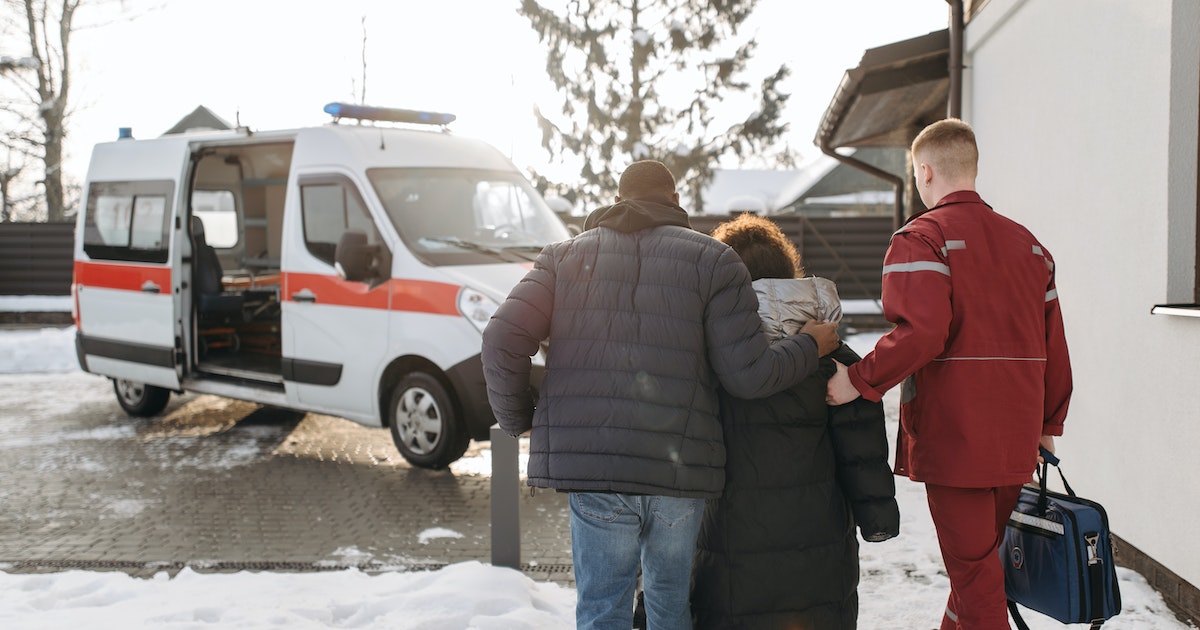Witnessing an overdose can be an incredibly frightening situation, but knowing how to respond can make the difference between the person surviving and not. If you are close with someone who abuses drugs, there are ways to prepare for a potential overdose. Having this information will make it easier to manage the situation and provide your friend or loved one with life-saving support.
Below is essential information on what to do when someone overdoses, including steps to take and the importance of seeking immediate medical help.
Recognizing the Signs of an Overdose
Before taking action, it’s crucial to recognize the signs of a drug overdose. Surprisingly, an overdose isn’t always easy to detect. Many people assume it’s a dramatic thing, but it can look as innocent as a person falling asleep.
Drug overdose symptoms depend on the substance that’s being used. Keep in mind that many overdoses involve multiple substances, so it’s possible for symptoms to overlap.
Depressants
Central nervous system depressants, such as alcohol and benzodiazepines, slow down the nervous system. An overdose typically includes loss of coordination, cognitive impairment, trouble sitting up, irregular breathing, seizures and uncontrollable eye movements.
Stimulants
Stimulant drugs increase activity in the nervous system. They include prescription amphetamines like Adderall and illicit drugs like methamphetamine or cocaine. An overdose will generally present itself with symptoms like panic attacks, confusion, seizures, hallucinations, cardiac symptoms and stimulant psychosis.
Opioids
Opioids cause similar overdose symptoms as depressants. Because prescription opioids and illicit opioids like heroin or fentanyl suppress the central nervous system, overdose symptoms typically include slowed breathing, slowed heartbeat, a limp body and bluish lips or fingertips. The skin may also turn pale or clammy.
Immediate Actions to Take
If you suspect that someone is overdosing on drugs, follow these steps immediately:
- Call 911. The first and most crucial step is to call emergency services. Provide your location and a clear description of the situation, including the signs and symptoms of the overdose.
- Stay calm and stay with the person. While waiting for help to arrive, stay with the individual to monitor their condition and provide reassurance. Keep the person awake and sitting up if possible.
- Administer Naloxone (if available). Naloxone, also known as Narcan, is a medication that can reverse opioid overdoses. If you have access to Naloxone and are trained to use it, follow the provided instructions to administer the medication. Be aware that multiple doses may be required, and its effects are temporary.
- Perform CPR (if necessary): If the person stops breathing or their heart stops beating, initiate CPR. If you are trained in CPR, perform chest compressions and rescue breaths as needed until medical professionals arrive.
Do Not:
- Leave the person alone. Stay with the person at all times until medical help arrives.
- Try to “sober them up.” Do not attempt to give the person food, water or coffee, or make them vomit. These actions can worsen the situation.
- Wait it out. An overdose is a medical emergency that requires immediate attention. Do not delay calling 911 or seeking medical assistance.
After the Overdose
Once medical professionals arrive and take over, provide them with as much information as possible about the situation. Inform them about the substances involved, if known, and any interventions you may have performed, such as administering Naloxone or performing CPR.
It’s essential to understand that saving a life in an overdose situation is just the first step. Afterward, it’s crucial to encourage the person to seek help for their substance abuse issues. Overdosing is a sign of a serious problem, and professional treatment and support are often needed to address the underlying causes and prevent future occurrences.
We also want to point out that it’s normal to experience some trauma after witnessing an overdose. Make sure that you give yourself the support you need to heal from the experience. You may benefit from speaking with a counselor or attending a support group. You may also want to start working on staging an intervention with other close family members.
Prevent a Further Overdose
Knowing what to do when someone overdoses can be a life-saving skill. Quick action, including calling 911, staying with the person, administering Naloxone if available and performing CPR if necessary, can make a critical difference. However, the ultimate goal should be to encourage the individual to seek help for their substance abuse problem to prevent future overdoses and promote their long-term well-being.
Pura Vida Recovery is a drug and alcohol rehabilitation center in Santa Rosa CA. For some people, it takes an overdose to get them to see the extent of their problem. If you are ready to take the next steps to helping yourself or a loved one, contact Pura Vida Recovery. We’ll be happy to answer your questions and provide you with information on our program.





